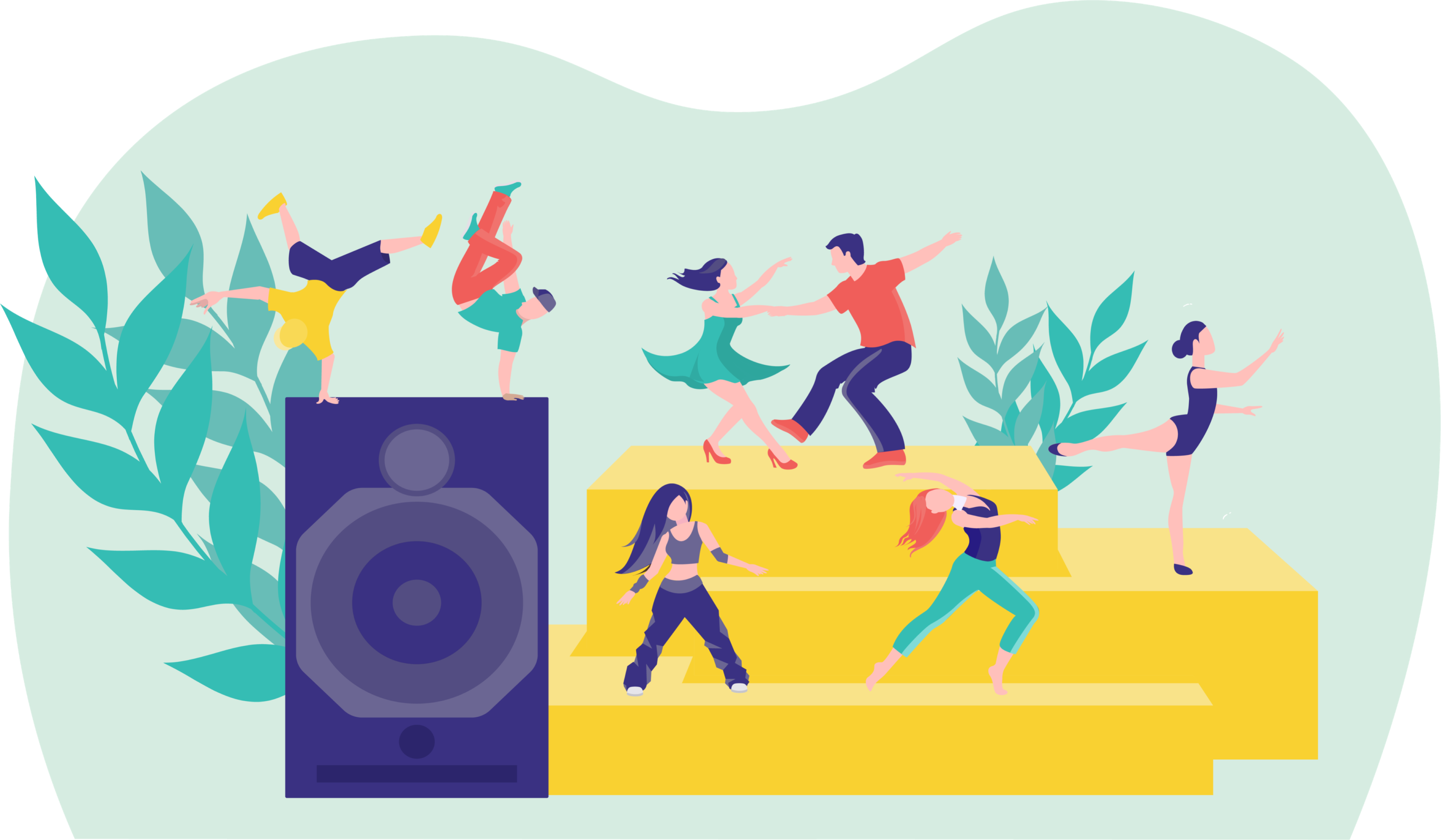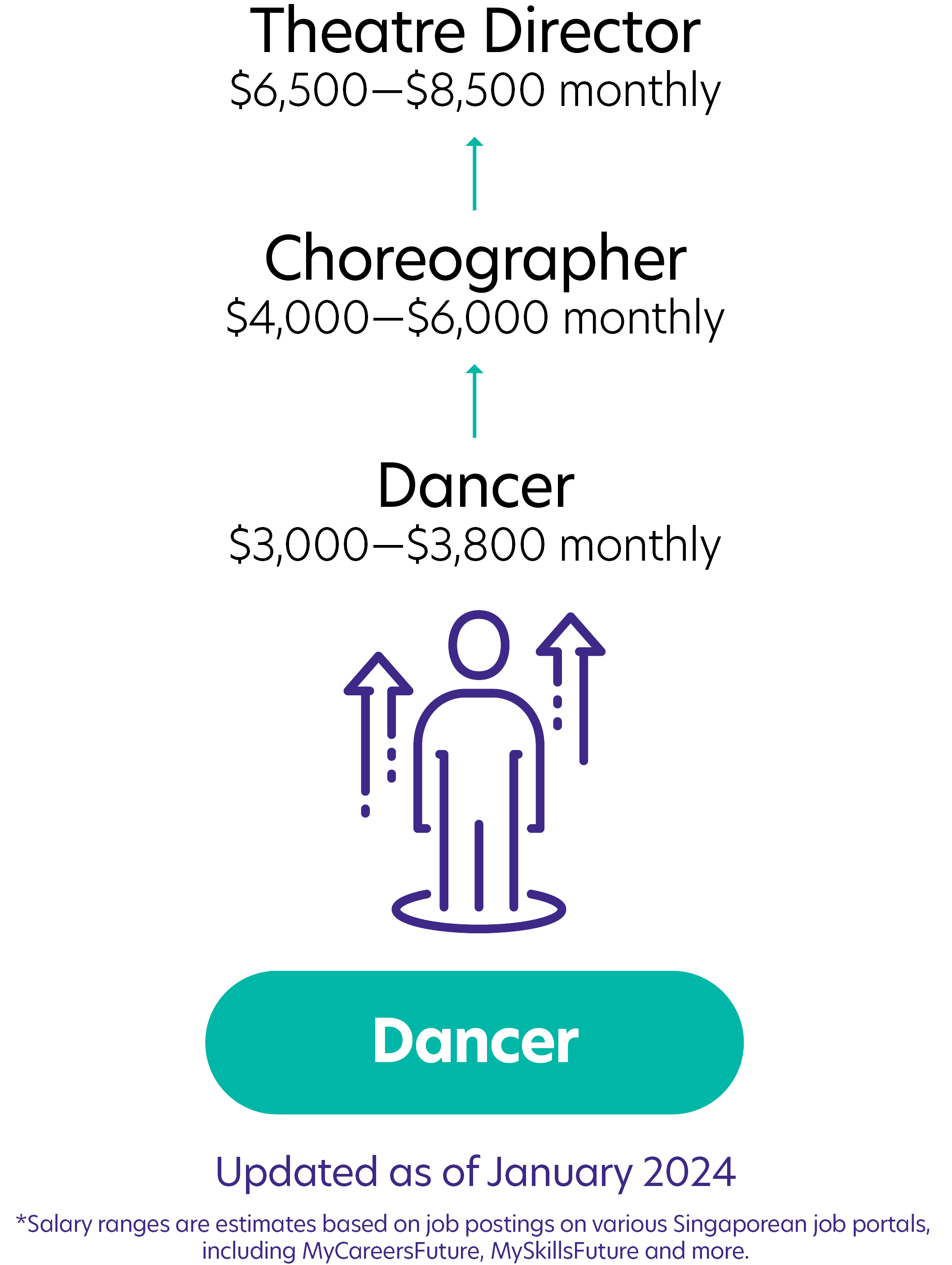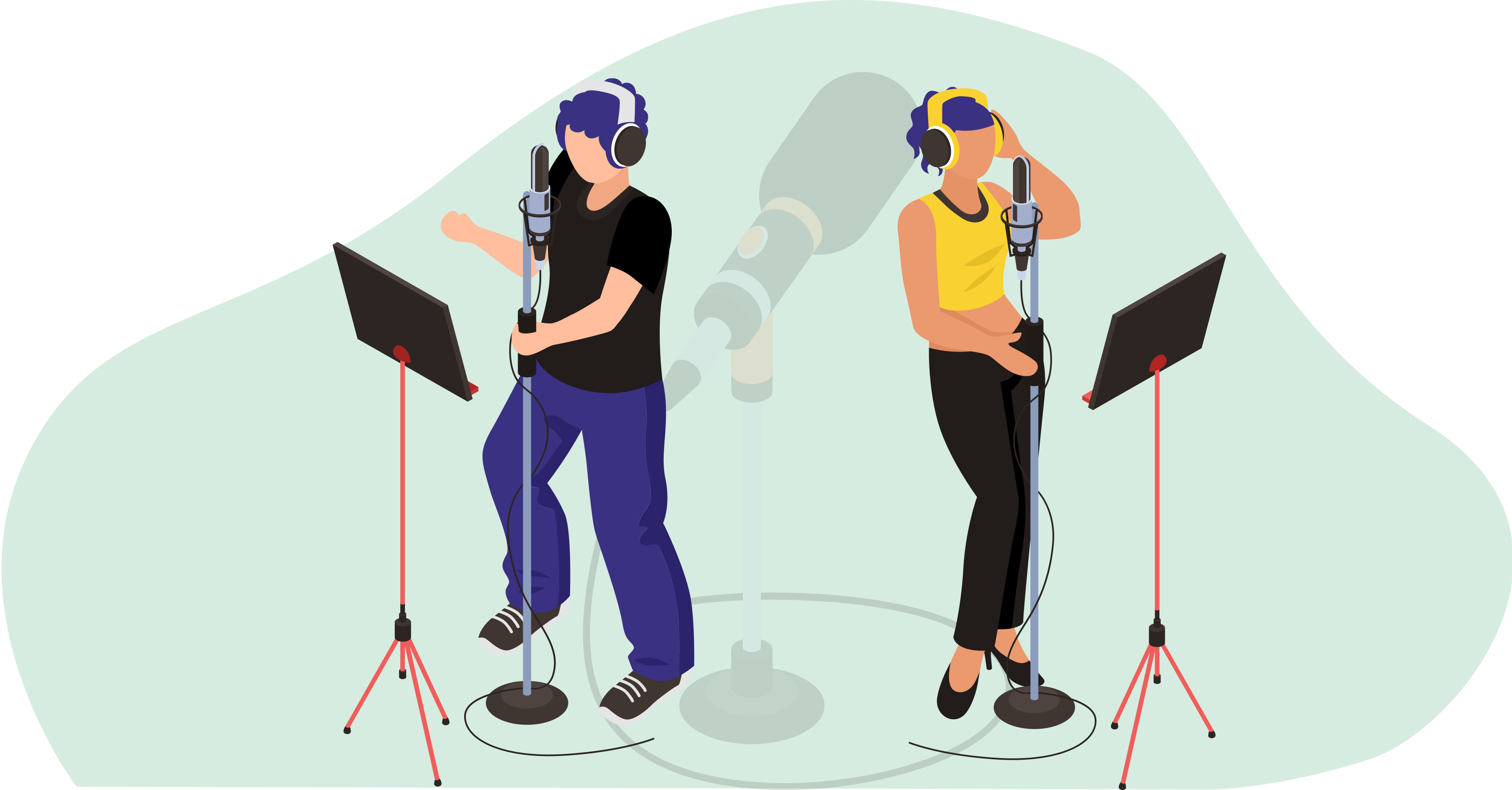
Dancers use movements, expressions, and body language to present an idea to audiences. They work in various styles and specialise in one or more types of dance, including Hip Hop, Ballet, Breaking and Traditional.
Dancer Job Description
- Attend daily practices and training as well as auditions for dance performance castings.
- Perform live in front of an audience or for video recordings.
- Prepare, rehearse and memorise choreographies quickly for dance performances.
- Maintain health and strength for difficult routines.
- Collaborate with other Dancers and Instructors to refine choreography routines and formations.
Note
Dancers may get the opportunity to become Choreographers. They will be tasked to come up with their own choreography and may take on the role of the Choreographer to teach Dancers in a company/studio.
What you should know about Dancer jobs in Singapore
Nature of Work
You must be on your feet at all times. It takes a lot of practice to stand out from other Dancers. It is important to stay healthy and fit.Key Advice
Cultivate discipline, focus on continuous creativity, and explore diverse styles to thrive as a Dancer.-
Entry RequirementsEntry Requirements
- Minimally, have a diploma or degree in Dance.
- Join your school's dance club and take classes at dance studios to learn more!
- Techniques and practical experience are the most important as a Dancer, maintain your skills by practising every day.
-
Possible PathwayPossible Pathway

Skills you need to pursue a Dance career in Singapore
Endurance
The ability to sustain physical and mental stamina during long dance routines, rehearsals, and performances.Knowledge of Dance Genres
Familiarity with various dance styles, techniques, and traditions.Coordination Skills
Precise control of body movements, balance, and synchronisation with music to execute dance routines.Teamwork
Collaborative spirit, effective communication, and the ability to work harmoniously with fellow Dancers.Adaptability
Readiness to adjust to different dance styles, choreography, or performance conditions.Self-Discipline
The practice of maintaining a rigorous dance training schedule, and adhering to routines.Related Job Roles
Explore Other Programmes
Browse AllYou have bookmarked your first item!
Find it in My Discoveries with insights on your interests!









